The digital marketplace continues its relentless evolution, and as we look towards 2025, several key trends are poised to reshape how we buy and sell online. These shifts will have profound implications globally, and particularly within the dynamic landscape of African marketplaces. Let’s delve into the major forces at play and consider their potential impact.
One of the most significant trends highlighted across the sources is the rise of Embedded Finance. Marketplaces are increasingly looking to integrate financial services directly into their platforms, moving beyond simply facilitating transactions. This includes offerings like in-platform lending, insurance, investment options for sellers, and even Buy Now, Pay Later (BNPL) solutions. This is particularly relevant for African marketplaces, where access to traditional financial services may be limited. The integration of such features can foster greater financial inclusion, enabling both merchants and consumers in smaller towns and rural areas to participate more actively in the digital economy. Wallet-driven ecosystems, as suggested by Francesc Altisent from Mangopay, could be instrumental in delivering these embedded services seamlessly within the marketplace interface.
Another powerful force shaping the future is Artificial Intelligence (AI)-driven personalisation and automation. From enhancing product recommendations and customer service to optimising checkout experiences and detecting fraud, AI is set to become even more pivotal. Abdesselam Benzitouni of Jumia notes that consumers expect more personalised shopping experiences, and marketplaces leveraging AI for this will gain a competitive edge. For African marketplaces, AI can help overcome logistical challenges and cater to diverse consumer needs across vast geographical areas. AI-powered personalisation can also make online shopping more appealing and relevant to local preferences. However, Marius Galdikas, CEO at ConnectPay, cautions about the immediate transformative impact of AI due to the energy requirements and regulatory unease around its “black box” nature.
The demand for seamless and instant payouts is also a growing trend. As platforms compete for user trust and engagement, integrating instant, frictionless transactions will become a critical differentiator. Max Lehmann from Nium highlights that business sellers, regardless of location, will expect instant cross-border payments. While the lack of common global payment rails currently makes closed-loop systems attractive for faster, reliable transfers, the increasing adoption of real-time payment infrastructures across regions could change this. For African marketplaces facilitating cross-border trade or serving sellers in remote areas, efficient payout mechanisms are crucial for building trust and encouraging participation.
Hyper-local commerce is identified as an increasingly important aspect. Consumers are looking for more locally relevant experiences, and marketplaces that can cater to these needs will likely thrive. Irene Skrynova from Unlimit also points to hyper-personalisation as redefining marketplace payments. Abdesselam Benzitouni of Jumia specifically mentions that the marketplace economy in 2025 will be increasingly shaped by hyper-local commerce. This trend aligns well with the diverse and localized nature of many African markets. Marketplaces that can effectively connect local buyers and sellers and offer tailored services will be well-positioned for growth.
The rise of social commerce will also continue to redefine how consumers interact with brands and make buying decisions. Platforms will increasingly integrate seamless in-app shopping experiences. Emre Talay from Payrails notes that social commerce is reshaping how people discover and transact. African marketplaces can leverage the widespread use of social media across the continent to tap into new customer bases and create more engaging shopping experiences.
Cross-border growth remains a significant revolution in the marketplace economy. Maria Parpou from Mastercard Gateway states that a staggering 75% of cross-border transactions occur through marketplaces, and this percentage is expected to rise. To remain competitive, marketplaces must expand their payment methods to include local wallets and domestic schemes. For African marketplaces, this presents both opportunities and challenges. The ability to facilitate seamless cross-border transactions can unlock access to larger markets and a wider range of products. However, it also necessitates navigating diverse payment landscapes and regulatory environments.
It’s important to note the increasing focus on infrastructure and the potential for increased competition. Marketplaces are moving towards more flexible setups with multi-acquirer options and local payment methods. At the same time, heightened competition could lead to higher user acquisition costs. Dorota Wróbel from G2A.COM suggests that value-added services for both sellers and buyers will be key differentiators. African marketplaces will need to focus on building robust and adaptable infrastructures while also offering unique value propositions to stand out in a potentially crowded space.
Finally, the importance of digital payments and financial inclusion cannot be overstated, particularly in the African context. Mobile wallets, BNPL solutions, and alternative payment methods are already driving more online transactions in smaller towns and rural areas. This trend is likely to continue, and marketplaces that can effectively cater to these diverse payment preferences will be better positioned for success.
In conclusion, the marketplace economy in 2025 will be characterised by embedded finance, AI-driven personalisation, seamless payments, a focus on local needs, the integration of social commerce, and continued cross-border expansion. For African marketplaces, these trends present significant opportunities to enhance financial inclusion, cater to diverse consumer preferences, and facilitate both local and international trade. However, navigating regulatory landscapes, building robust infrastructure, and differentiating themselves in a competitive environment will be crucial for sustained growth and impact.


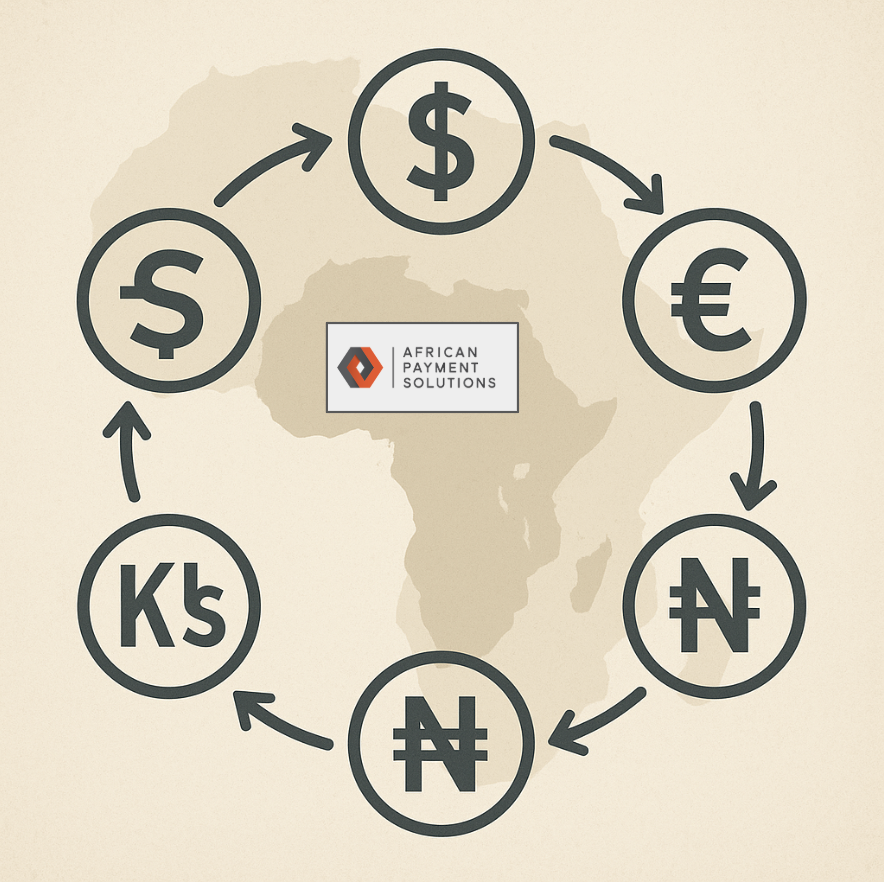
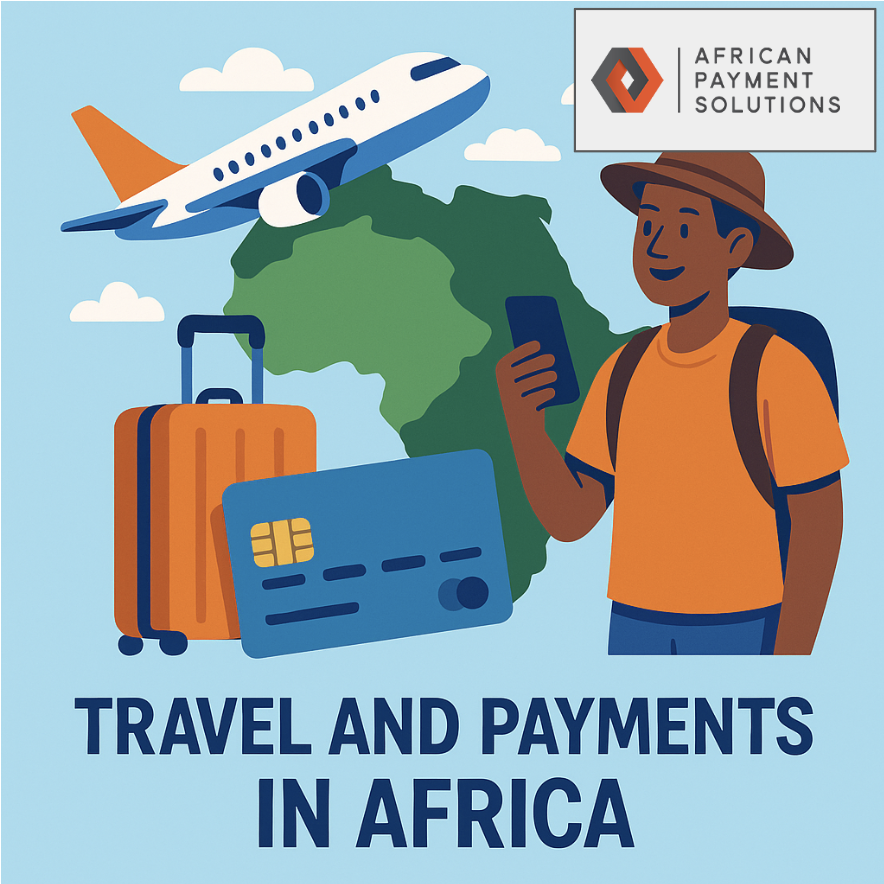

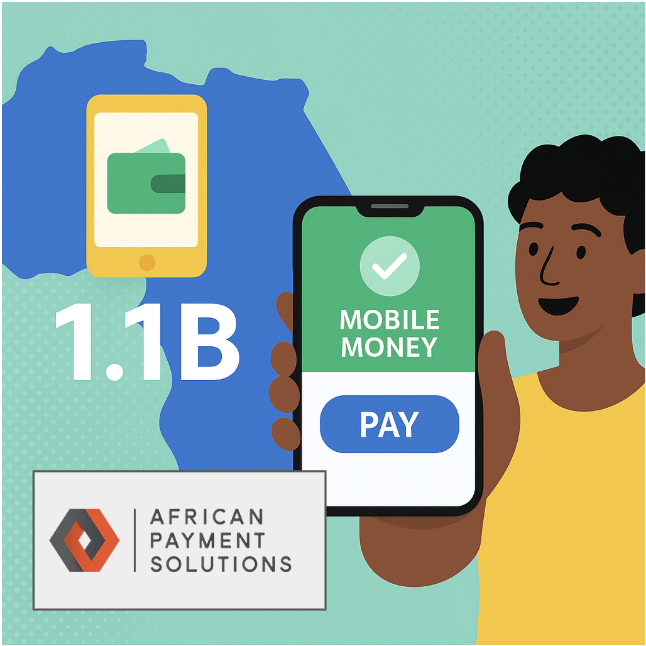
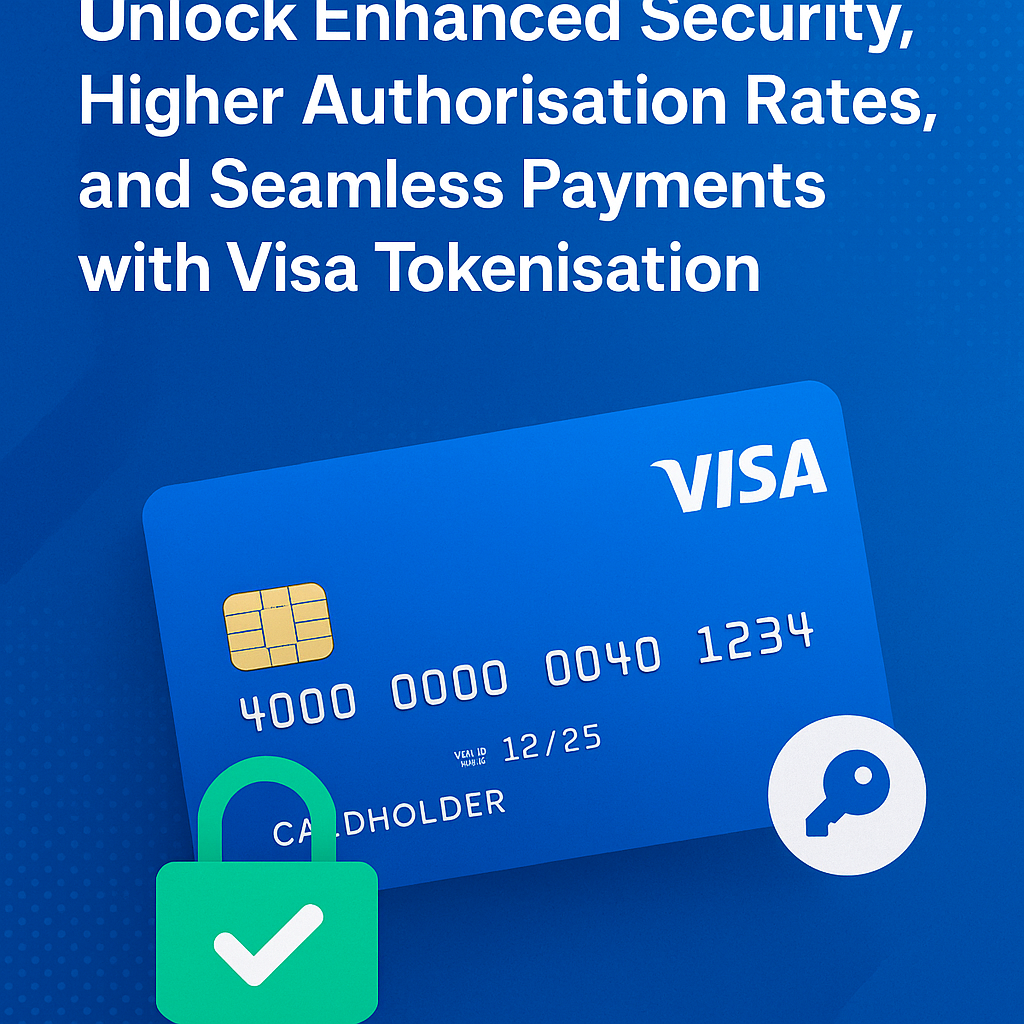
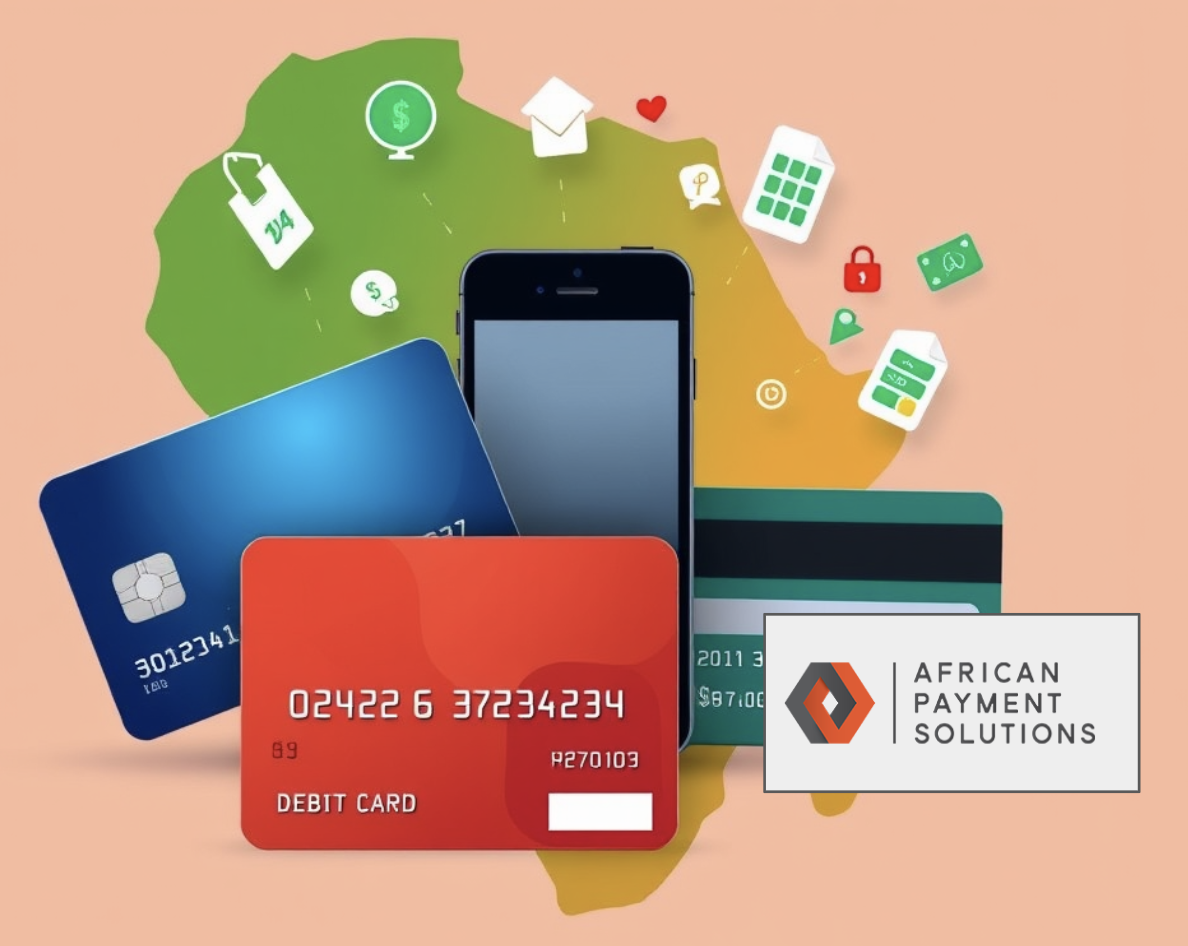
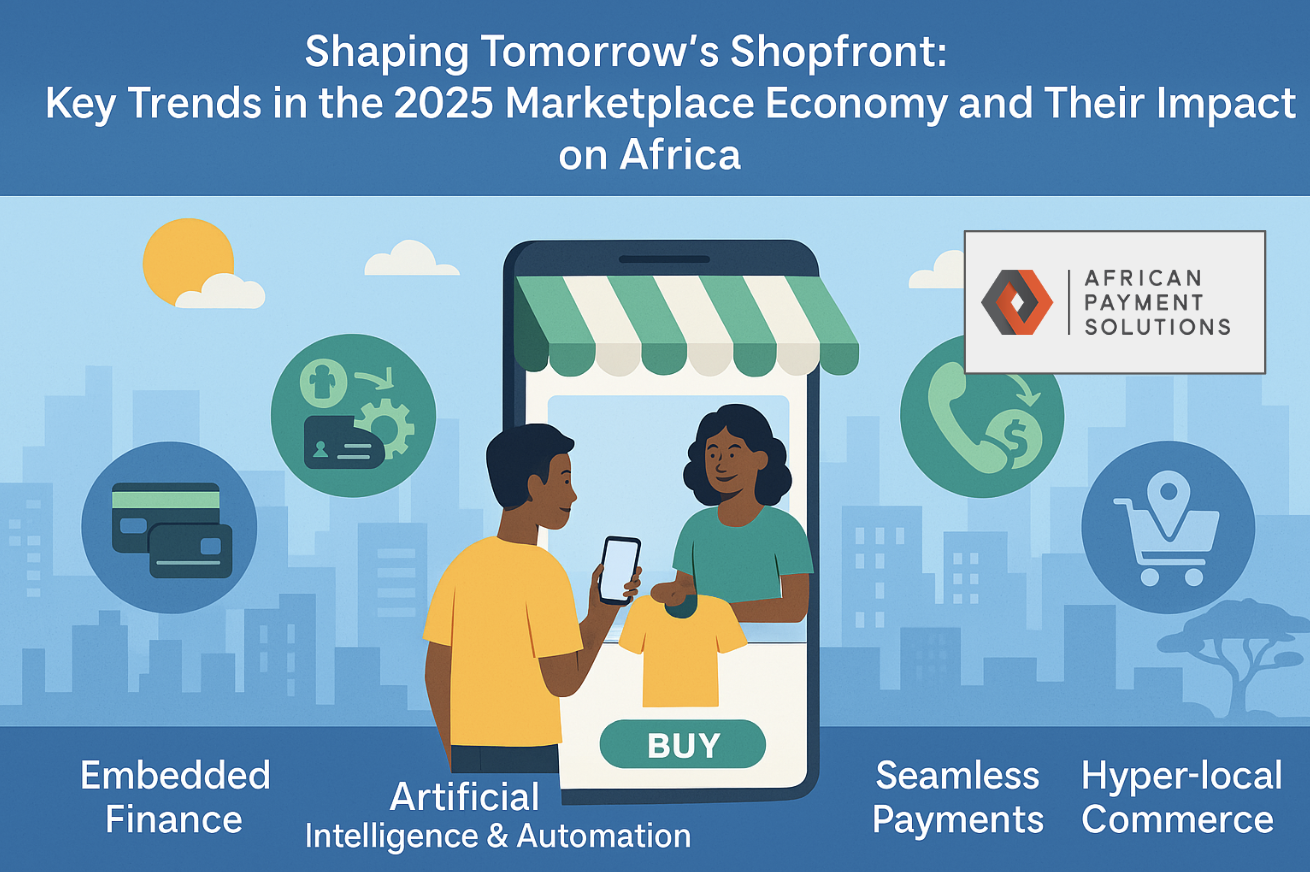



 AI agents that act on behalf of merchants and buyers —
AI agents that act on behalf of merchants and buyers — negotiating prices, optimizing payments, handling taxes, and managing shipping
negotiating prices, optimizing payments, handling taxes, and managing shipping across borders, in real time, without ever needing to sleep or send an email.
across borders, in real time, without ever needing to sleep or send an email. Autonomous Customer Agents: Shop globally like a local.
Autonomous Customer Agents: Shop globally like a local. Smart Compliance & Tax Handling: Automate the legal maze.
Smart Compliance & Tax Handling: Automate the legal maze. Real-Time FX Optimization: Settle in the fastest, cheapest way — in fiat, crypto, or stablecoins.
Real-Time FX Optimization: Settle in the fastest, cheapest way — in fiat, crypto, or stablecoins. Decentralized Payment Rails: No middlemen, just instant value transfer.
Decentralized Payment Rails: No middlemen, just instant value transfer. AI-Powered Supply Chains: Respond instantly to disruption, delays, or demand spikes.
AI-Powered Supply Chains: Respond instantly to disruption, delays, or demand spikes. When combined with blockchain, decentralized identity, and programmable money, AI agents don’t just enhance global commerce — they reshape it.
When combined with blockchain, decentralized identity, and programmable money, AI agents don’t just enhance global commerce — they reshape it. eCommerce without borders
eCommerce without borders Payments without intermediaries
Payments without intermediaries Trade without friction
Trade without friction